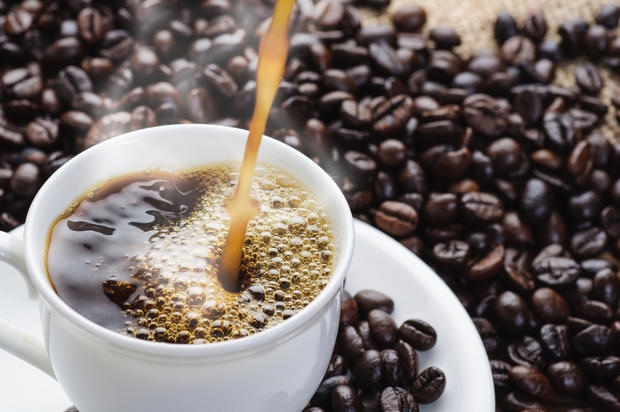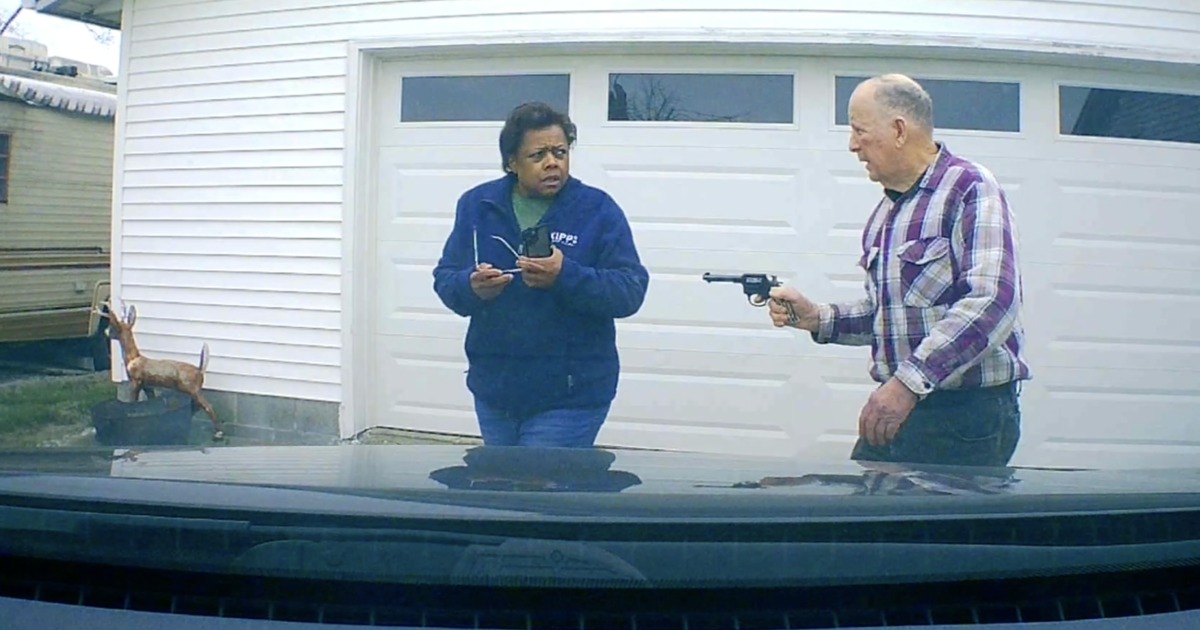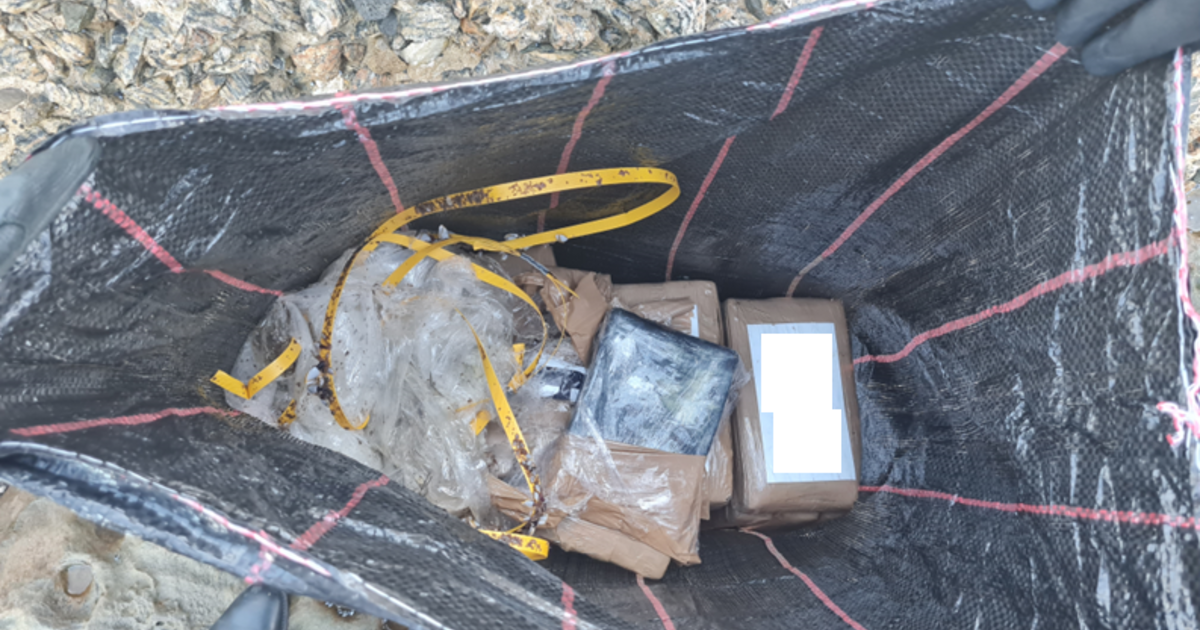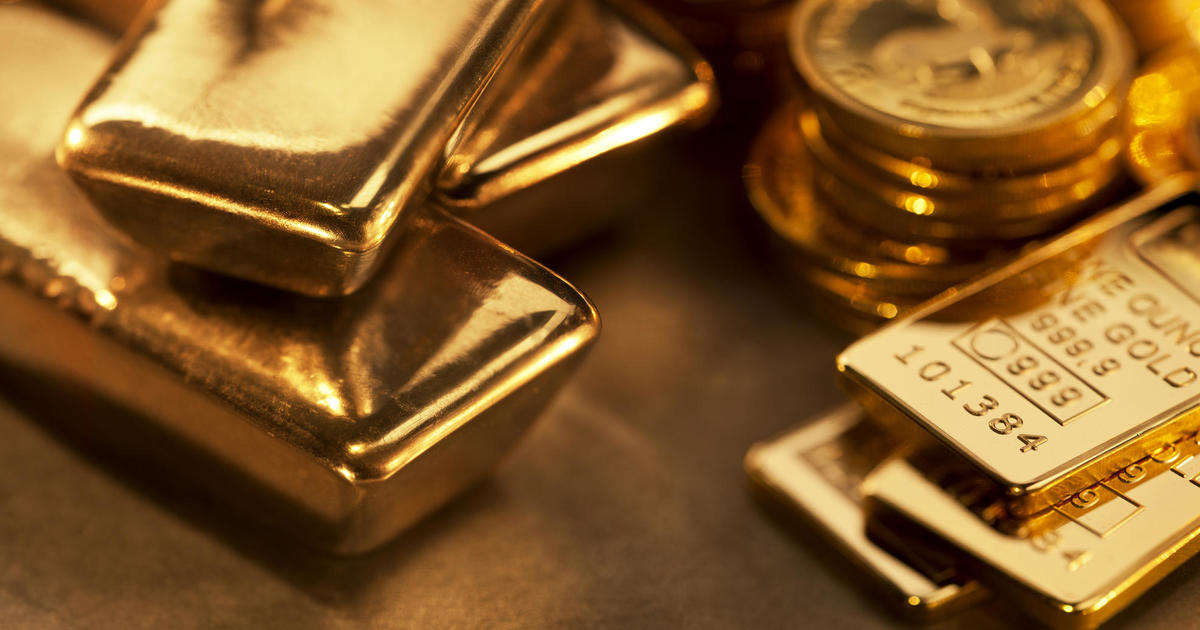When caffeine becomes deadly: How much is too much?
The recent death of a South Carolina teen blamed on too much caffeine has once again propelled the popular stimulant and questions over its safety into the national spotlight.
Sixteen-year-old Davis Cripe collapsed last month at his high school and died at a hospital after consuming a large soft drink, a latte and an energy drink over a short period, according to Richland County coroner Gary Watts.
Davis was a healthy and active teen who shunned drugs and alcohol, his parents said.
A classmate who was with Davis the day he died said he "basically chugged" an energy drink during class, CBS News correspondent Tony Dokoupil reports.
"These drinks, this amount of caffeine, how it's ingested can have dire consequences and that's what happened in this case," Watts said.
Watts determined the high school sophomore experienced a "cardiac event" after consuming so much caffeine in less than a two-hour span.
Over the last few years, there have been several highly publicized deaths attributed to caffeine overdose — particularly in healthy teens and young adults — raising questions about the safety of America's favorite stimulant.
There have also been new challenges for state and federal health officials and lawmakers struggling with how to regulate and control the sales of certain novel, highly caffeinated products, including Four Loko, a caffeine-spiked alcoholic drink which was banned in several states and reformulated under pressure from the FDA in 2010. It no longer contains caffeine.
Though caffeine itself is of course legal and widely used, caffeine is still a stimulant drug. It is generally very safe for most people, but consuming too much of it can be dangerous.
According to the Mayo Clinic, up to 400 milligrams of caffeine a day appears to be safe for most healthy adults. That's about the amount of caffeine in four cups of brewed coffee, 10 cans of cola or two "energy shot" drinks.
Consuming more than that could start to affect your health.
"You know it when it happens. You start to feel dizzy. You can feel it in your chest," said CBS News medical contributor Dr. David Agus.
A major issue is that many people may not realize how much caffeine is in the beverages they consume.
According to the Center for Science in the Public Interest, a venti Starbucks Blonde Roast contains 475 mg of caffeine, while a 2 oz. 5-hour Energy Shot contains 200 mg. Most 16 oz. energy drinks, including Monster, Rockstar, and Venom, contain 160 mg.
Agus says energy drinks send more than 20,000 people to the emergency room annually.
"The problem that we're learning is that it's not just caffeine, it's the other stimulants that are in there," he told "CBS This Morning" Tuesday. "In a cup of coffee, you may have [it] over 45 minutes or 60 minutes. These energy drinks you're having all at once. And so all the caffeine give this big peak in the body and that's when bad things happen."
Other ingredients in energy drinks vary, but can include herbal substances, vitamins, sugars, and taurine, an amino acid found in meat and fish.
In 2012, the FDA announced it was investigating five deaths linked to Monster Energy Drinks.
The American Academy of Pediatrics advises against children and teens drinking energy drinks of any kind.
CBS News contacted the American Beverage Association, which represents the makers of almost all energy drinks sold in America, and they referred us to their fact sheet on caffeine. The trade group says energy drinks can be safely consumed in moderation.





